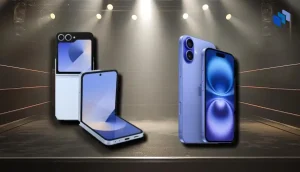What Does Innovator’s Patent Agreement Mean?
The Innovator’s Patent Agreement (IPA) is a new initiative that aims to change the way technology patents are assigned and controlled. Introduced by Twitter in April 2012, the IPA allows engineers and designers to maintain control of their patents, even when sold. This means that any company that uses the patents can only do so for defensive purposes. In other words, companies can only make claims for infringement if they are sued first.
The IPA represents a move toward patent reform at a time when many technology companies are buying up patents and using them to sue the companies that employ them as a business strategy.
Techopedia Explains Innovator’s Patent Agreement
A tactic called patent trolling, in which tech firms assert patents against other firms in an attempt to create new revenue streams, has become an increasingly common strategy – especially for companies that are past the innovation phase. For example, in March 2012, Yahoo sued Facebook for 10 patents shortly after the popular social network announced its IPO. Yahoo claimed that Facebook’s entire social network technology was based on innovations pioneered by Yahoo. Yahoo did the same to Google just before the search giant filed its IPO in 2002. The case was eventually settled when Google gave Yahoo 2.7 million shares of its pre-IPO stock.
The engineers who do much of the innovating in the tech world often resent patents as legal stunts. Twitter’s IPA appears to be an effort to take the lead in making the tech industry a less hostile space, by giving engineers greater control of their inventions. On the flipside, critics of Twitter’s IPA contend that the technical definition of “defensive” is too broad and that it does nothing to cure the root of the problem, which is the legal system itself.





